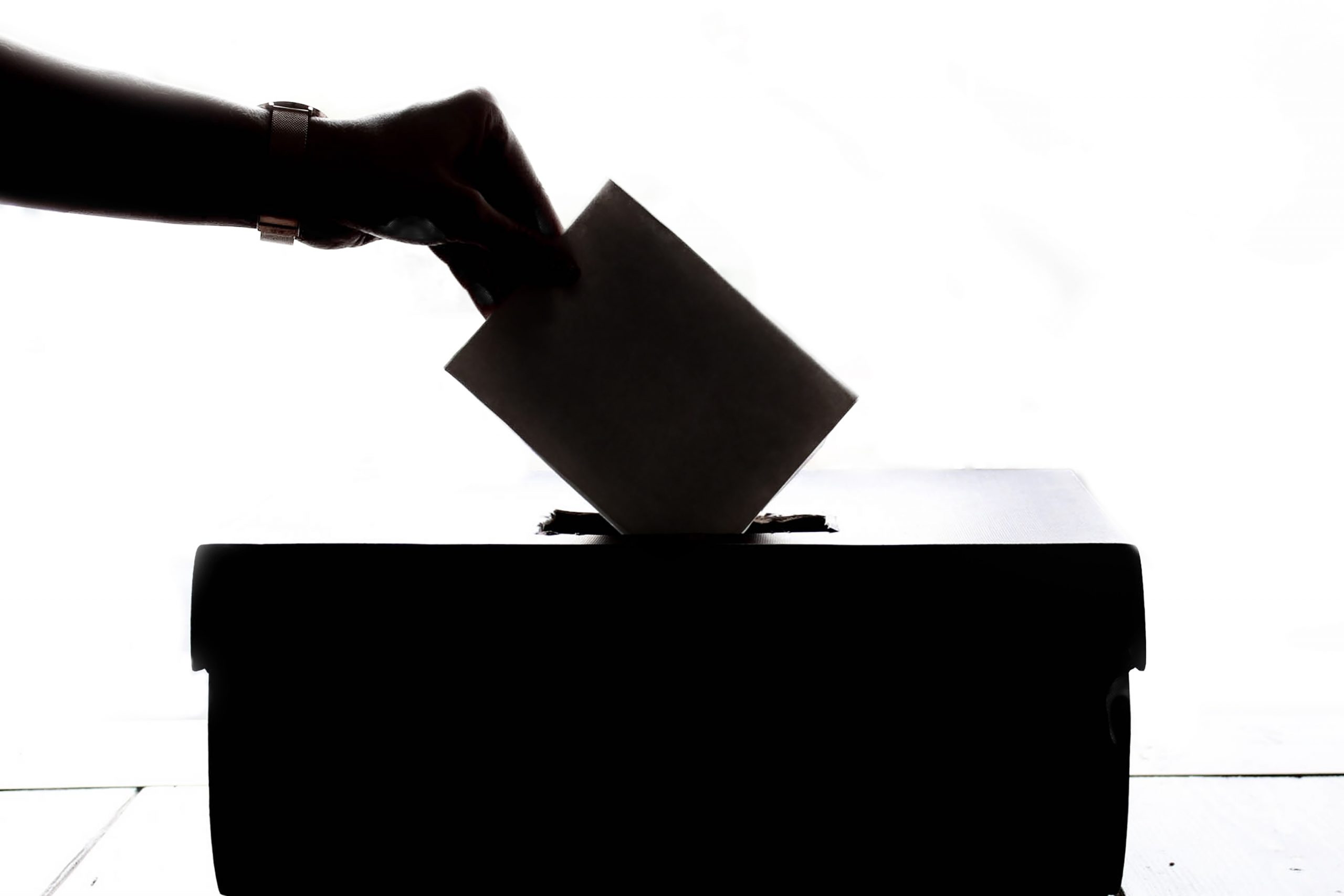Exculpatory evidence is a crucial aspect of any criminal defense case, and understanding its significance is essential for both individuals facing criminal charges and their legal representatives. This type of evidence has the potential to prove a defendant’s innocence or cast doubt on their guilt, making it a powerful tool in building a defense strategy. In this article, we will explore the concept of exculpatory evidence in detail, examining its definition, types, and the ways in which it can impact the outcome of criminal cases. By delving into real-life scenarios and providing clear explanations, we aim to equip readers with the knowledge necessary to navigate the complexities of their legal situations effectively. If you have been charged with a crime or are facing criminal allegations, we encourage you to contact our experienced criminal defense attorney for a consultation so that you may benefit from their expertise and insightful counsel.
Exculpatory Evidence
When facing criminal charges, it is crucial to understand the concept of exculpatory evidence and its significance in determining innocence or guilt. Exculpatory evidence refers to any information or material that tends to prove the defendant’s innocence or casts doubt on their culpability. This evidence has the potential to exonerate the accused or significantly impact the outcome of their case. In this article, we will delve into the definition, importance, types, challenges, and consequences associated with exculpatory evidence.

Definition of Exculpatory Evidence
Exculpatory evidence encompasses any evidence that favors the defendant and helps rebut the prosecution’s case. It can include witness statements, physical evidence, expert opinions, video recordings, audio recordings, and any other material that contradicts or undermines the prosecution’s theory. The duty to disclose exculpatory evidence falls on the prosecution, as established by the landmark Supreme Court case of Brady v. Maryland.
Importance of Exculpatory Evidence
The importance of exculpatory evidence cannot be overstated, as it plays a pivotal role in safeguarding the rights of the accused and ensuring a fair trial. This evidence has the power to challenge the prosecution’s case, create reasonable doubt, and prevent wrongful convictions. It is a cornerstone of due process, ensuring that the accused receives a fair opportunity to defend themselves against criminal charges.
Types of Exculpatory Evidence
Exculpatory evidence can take various forms, each with its own potential significance in a criminal case. Witness statements that contradict the prosecution’s narrative or support the defendant’s version of events are considered exculpatory. Physical evidence that raises doubt about the defendant’s involvement or points to an alternative theory of the crime can also be exculpatory. Moreover, exculpatory evidence may involve expert opinions or scientific evidence that challenge the prosecution’s conclusions.
The Brady Rule
The Brady rule, derived from the Supreme Court case Brady v. Maryland, imposes a constitutional obligation on the prosecution to disclose any exculpatory evidence to the defense. Failure to disclose such evidence violates the defendant’s due process rights. Under the Brady rule, exculpatory evidence must be disclosed in a timely manner to allow the defense sufficient time to investigate and utilize the evidence effectively.
Burden of Proof in Presenting Exculpatory Evidence
While the prosecution bears the burden of proving the defendant’s guilt beyond a reasonable doubt, the defense carries the burden of presenting exculpatory evidence to challenge the prosecution’s case. It is essential for defense attorneys to diligently investigate the case, identify potential sources of exculpatory evidence, and strategize on the best approach to present this evidence before the court.
Challenges in Obtaining Exculpatory Evidence
Obtaining exculpatory evidence can present various challenges, especially when dealing with a persistent prosecution that may be unwilling to disclose such evidence. Defense attorneys must be proactive in conducting their own investigation, employing various legal mechanisms to request and obtain potential exculpatory evidence. Cooperation from witnesses, obtaining search warrants, and using discovery tools are just a few strategies defense attorneys may employ to overcome these challenges.

Common Examples of Exculpatory Evidence
Several scenarios may give rise to exculpatory evidence. For instance, CCTV footage that contradicts the prosecution’s timeline of events can be highly exculpatory. Eyewitness testimony that supports the defendant’s alibi or casts doubt on their involvement in the crime is another example of exculpatory evidence. Additionally, DNA evidence that does not match the defendant’s or proves the presence of another suspect can be crucial in establishing innocence.
Preservation and Disclosure of Exculpatory Evidence
Preserving and disclosing exculpatory evidence is of utmost importance to avoid constitutional violations and maintain the integrity of the criminal justice system. Prosecutors have a legal and ethical duty to identify, preserve, and disclose any exculpatory evidence in their possession. This includes promptly notifying the defense of any new evidence that may arise during the course of the proceedings.

Consequences of Withholding Exculpatory Evidence
Withholding exculpatory evidence can have severe consequences, not only for the defendant but also for the prosecution and the criminal justice system as a whole. Courts take a dim view of prosecutorial misconduct involving the suppression or concealment of exculpatory evidence. The failure to disclose such evidence may lead to mistrials, overturned convictions, and damage to the reputation and credibility of the prosecution.
Conclusion
Exculpatory evidence holds immense value in criminal proceedings, serving as a critical component of the defense’s strategy. Its disclosure is vital to ensure a fair trial and protect the rights of the accused. Understanding the definition, importance, types, challenges, and consequences of exculpatory evidence empowers individuals facing criminal charges and allows them to make informed decisions when seeking legal representation. If you or someone you know is in need of a skilled defense attorney experienced in handling exculpatory evidence, contact us today for a consultation.
Frequently Asked Questions
-
What is the role of exculpatory evidence in a criminal case? Exculpatory evidence plays a crucial role in challenging the prosecution’s case and helping establish the defendant’s innocence. It can create reasonable doubt and prevent wrongful convictions.
-
Who has the burden of presenting exculpatory evidence in court? The burden of presenting exculpatory evidence falls on the defense. It is crucial for defense attorneys to diligently investigate the case and ensure all potential exculpatory evidence is brought before the court.
-
What happens if the prosecution fails to disclose exculpatory evidence? Failure on the part of the prosecution to disclose exculpatory evidence violates the defendant’s due process rights. This can result in mistrials, overturned convictions, and damage to the reputation of the prosecution.
-
How can defense attorneys obtain exculpatory evidence? Defense attorneys employ various legal mechanisms to obtain potential exculpatory evidence, such as witness cooperation, search warrants, and discovery tools. Diligent investigation is key in locating and utilizing exculpatory evidence.
-
Why is preserving and disclosing exculpatory evidence important? Preserving and disclosing exculpatory evidence is crucial to avoiding constitutional violations and maintaining the integrity of the criminal justice system. It ensures a fair trial and safeguards the rights of the accused.



